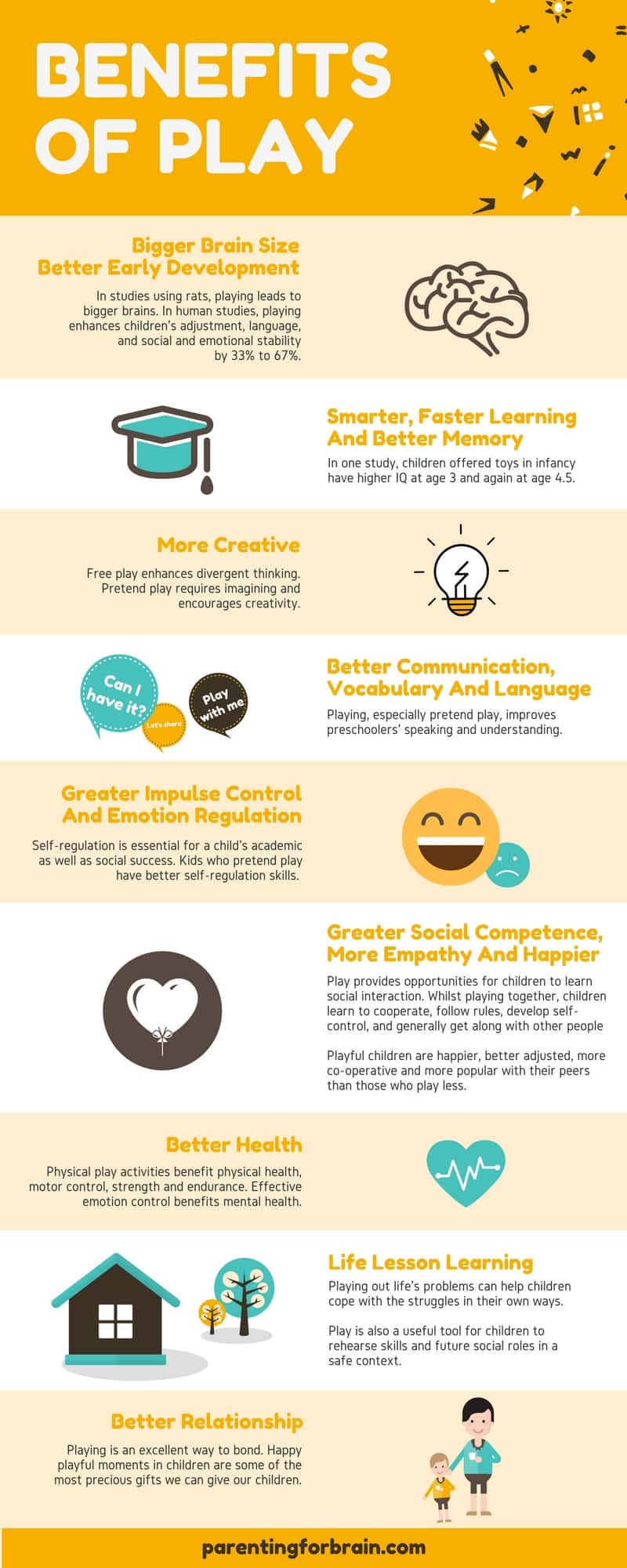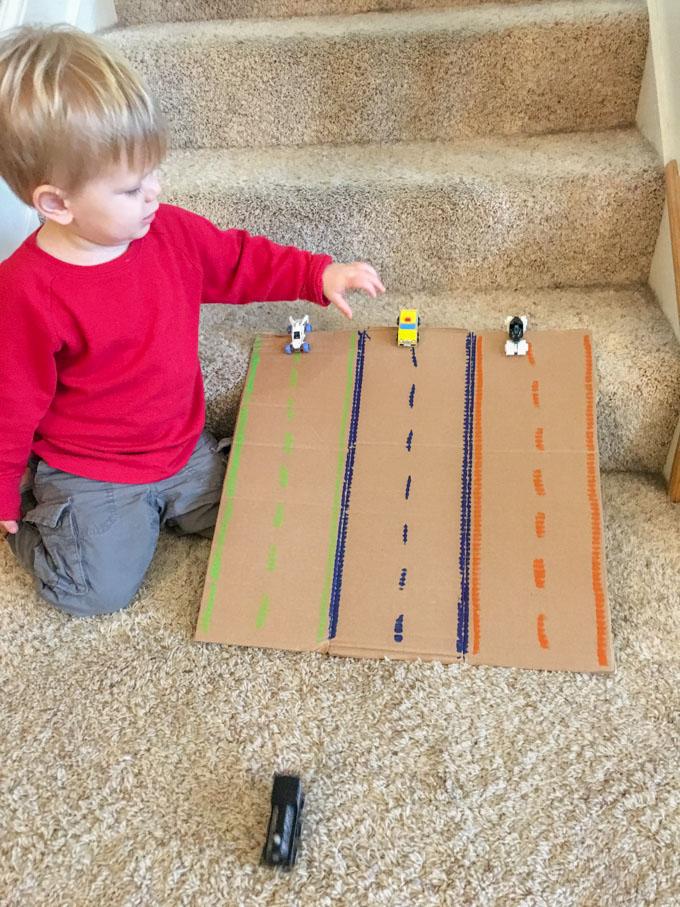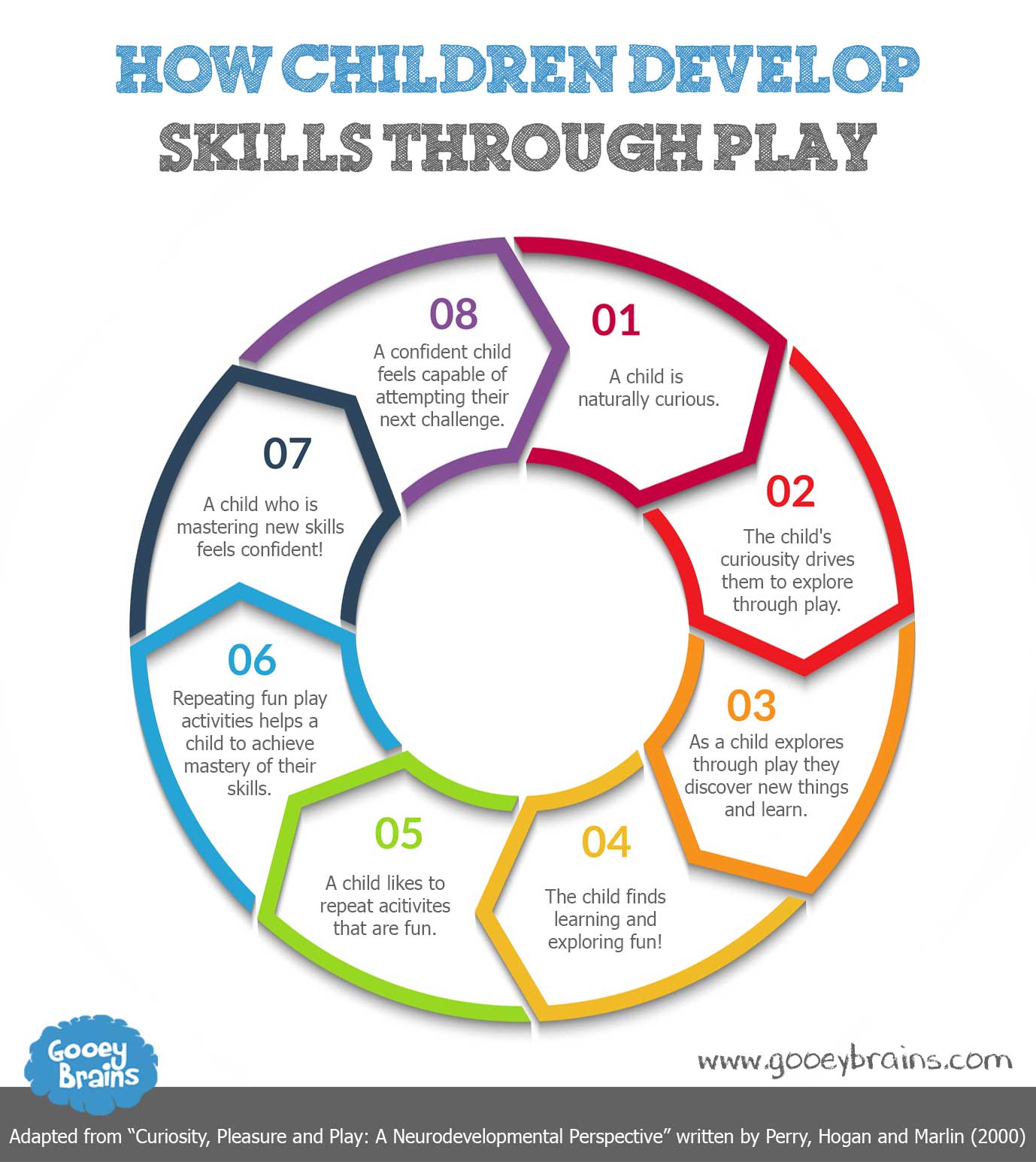The Power Of Play: Exploring The Benefits Of Car Games In Preschool Education
The Power of Play: Exploring the Benefits of Car Games in Preschool Education
Related Articles: The Power of Play: Exploring the Benefits of Car Games in Preschool Education
Introduction
With enthusiasm, let’s navigate through the intriguing topic related to The Power of Play: Exploring the Benefits of Car Games in Preschool Education. Let’s weave interesting information and offer fresh perspectives to the readers.
Table of Content
The Power of Play: Exploring the Benefits of Car Games in Preschool Education
Preschool is a crucial period in a child’s development, laying the foundation for cognitive, social, and emotional growth. Play-based learning is widely recognized as a powerful tool to foster these skills, and car games, seemingly simple and engaging, offer a surprisingly rich landscape for preschoolers to explore and learn.
Beyond the Steering Wheel: The Multifaceted Benefits of Car Games
Car games, often involving toy cars or imaginative play, are not merely a frivolous pastime. They provide a gateway to a multitude of developmental benefits, enriching a child’s understanding of the world around them.
Cognitive Development:
- Spatial Reasoning and Problem-Solving: Navigating toy cars through obstacle courses or creating elaborate racetracks encourages spatial reasoning and problem-solving. Children learn to anticipate challenges, strategize, and adapt their approach based on the environment.
- Number Sense and Math Concepts: Car games can be used to introduce basic math concepts like counting, sequencing, and measurement. Children can count the number of cars in a race, compare distances, or measure the length of a track.
- Language Development: Engaging in imaginative play with cars provides opportunities for children to develop their vocabulary, storytelling skills, and communication abilities. They can narrate the actions of their toy cars, create dialogue between characters, and engage in role-playing scenarios.
Social-Emotional Development:
- Collaboration and Teamwork: Cooperative car games, where children work together to achieve a common goal, foster collaboration, negotiation, and conflict resolution skills.
- Emotional Regulation: Car games can help children develop emotional regulation skills as they learn to manage frustration, disappointment, and excitement during gameplay.
- Social Interaction and Turn-Taking: Playing car games with peers encourages social interaction, turn-taking, and the development of social cues. Children learn to respect rules, share resources, and communicate effectively.
Physical Development:
- Fine Motor Skills: Manipulating toy cars, building racetracks, and engaging in other car-related activities enhance fine motor skills, hand-eye coordination, and dexterity.
- Gross Motor Skills: Some car games involve physical movement, like running, jumping, or throwing, which promotes gross motor development and coordination.
The Importance of Context and Guidance
While the benefits of car games are undeniable, it is crucial to understand that their effectiveness depends on the context and guidance provided.
- Meaningful Play: Car games should not be treated as mere entertainment. Educators and parents should actively engage with children, asking questions, providing prompts, and encouraging exploration.
- Open-Ended Activities: Allowing children to create their own scenarios and narratives fosters creativity, imagination, and problem-solving skills. Providing a variety of materials like cardboard boxes, building blocks, and other objects can encourage imaginative construction and play.
- Integration with Curriculum: Car games can be seamlessly integrated into existing curriculum, providing a fun and engaging way to reinforce learning concepts. For instance, a math lesson on counting can be combined with a car game where children count the number of cars they need for a race.
FAQs on Car Games in Preschool Education
1. What are some examples of car games for preschoolers?
- Obstacle Courses: Create a challenging obstacle course using pillows, blocks, and other materials. Children can navigate their toy cars through the course, developing spatial reasoning and problem-solving skills.
- Car Wash: Set up a pretend car wash using a large bin filled with water, sponges, and soap. Children can wash their toy cars, practicing fine motor skills and learning about hygiene.
- Race Tracks: Build simple racetracks using tape, cardboard boxes, or construction paper. Children can race their toy cars, learning about speed, distance, and sequencing.
- Parking Garage: Use cardboard boxes or other materials to create a parking garage. Children can park their toy cars, developing spatial reasoning and organizational skills.
- Storytelling: Use toy cars to create narratives and role-play scenarios. Children can tell stories about their cars, creating dialogue and developing their language skills.
2. How can educators and parents encourage car play in preschool?
- Provide a Variety of Materials: Offer a wide range of toy cars, including different sizes, colors, and types. Include accessories like ramps, roads, parking garages, and other props.
- Create Dedicated Play Areas: Designate specific areas for car play, providing a safe and stimulating environment for children to explore and engage.
- Model and Engage: Participate in car play with children, demonstrating different scenarios and encouraging their creativity. Ask questions, provide prompts, and offer guidance.
- Integrate Car Play into Curriculum: Incorporate car games into learning activities, such as counting, sequencing, or storytelling.
- Encourage Collaboration and Teamwork: Facilitate group car play, encouraging children to work together, negotiate, and resolve conflicts.
3. Are there any potential downsides to car games?
- Gender Stereotyping: It is important to avoid perpetuating gender stereotypes by offering a wide variety of car-related toys and activities that appeal to both boys and girls.
- Safety Concerns: Ensure that all car-related toys are age-appropriate and meet safety standards. Supervise children during car play to prevent accidents or injuries.
- Over-Stimulation: Limit screen time and avoid exposing children to excessive car-related media, which can lead to over-stimulation and interfere with other developmental activities.
Tips for Effective Car Games in Preschool
- Encourage Open-Ended Play: Allow children to create their own scenarios and narratives, fostering creativity and imagination.
- Provide Structure and Guidance: Offer clear instructions and prompts to guide children’s learning and exploration.
- Foster Collaboration and Teamwork: Encourage children to work together, negotiate, and resolve conflicts during car games.
- Integrate Car Games into Curriculum: Use car games to reinforce learning concepts in math, language, and other subjects.
- Promote Language Development: Encourage children to narrate their actions, create dialogue, and tell stories during car play.
- Encourage Creativity and Imagination: Provide a variety of materials and props to stimulate children’s creativity and imagination.
- Be Mindful of Gender Stereotypes: Offer a wide range of car-related toys and activities that appeal to both boys and girls.
- Prioritize Safety: Ensure that all car-related toys are age-appropriate and meet safety standards. Supervise children during car play.
Conclusion
Car games, when thoughtfully implemented, can be a valuable tool in preschool education. They provide a rich and engaging environment for children to develop a wide range of cognitive, social-emotional, and physical skills. By incorporating car games into curriculum, educators and parents can foster a love of learning, ignite children’s imagination, and prepare them for future success.








Closure
Thus, we hope this article has provided valuable insights into The Power of Play: Exploring the Benefits of Car Games in Preschool Education. We appreciate your attention to our article. See you in our next article!